In a late-night move that sparked widespread concern, President Donald Trump signed an executive order aimed at eliminating federal funding for PBS and NPR. While this isn’t the first time Trump has targeted public media, this recent action cuts especially deep—directly threatening programs like Sesame Street, Arthur, Daniel Tiger’s Neighborhood, and many others that millions of families across the country rely on every day.
So, what exactly happened? And why does it matter so much?
The Role of Public Broadcasting in Children’s Lives
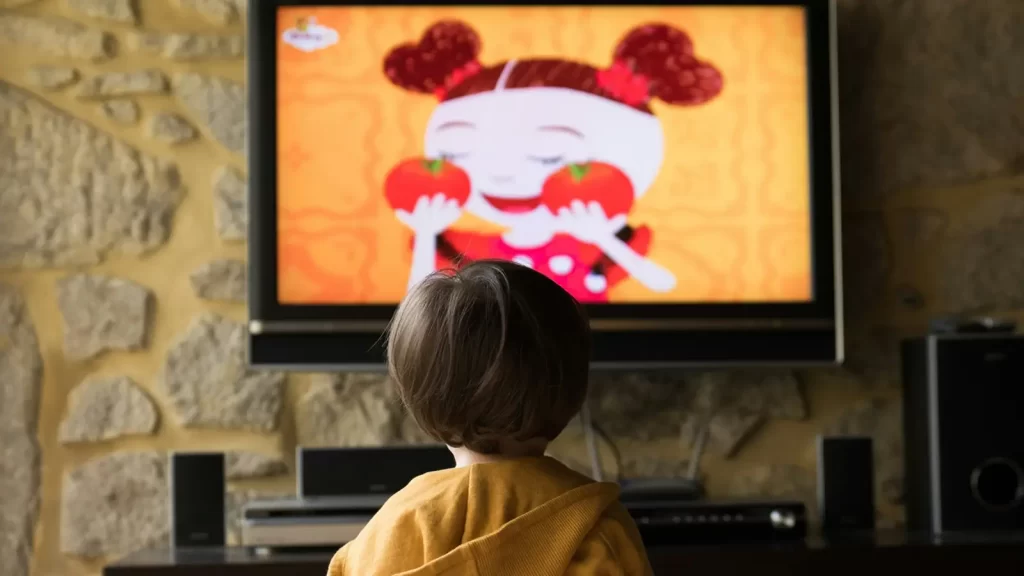
For more than 50 years, PBS Kids has served as a trusted source of free, educational programming for American children. From Mister Rogers’ Neighborhood to Molly of Denali, PBS Kids’ shows have entertained and educated generations, particularly in underserved communities.
These shows don’t just entertain—they teach. Backed by child development experts, PBS Kids programs are designed to boost literacy, math skills, emotional intelligence, and cultural understanding. According to research, about 90% of parents believe PBS Kids is a safe and trustworthy place for their children to learn. And it’s no wonder—PBS Kids is accessible in 98% of U.S. households, including rural areas where internet or cable may be limited.
But here’s the thing: making high-quality educational programming isn’t cheap. Shows like Lyla in the Loop, Alma’s Way, and Elinor Wonders Why have received funding from the Corporation for Public Broadcasting (CPB), which distributes around $535 million each year to public media like PBS and NPR.
Federal funding doesn’t cover the full cost of producing these shows, but it plays a vital role. For instance:
- Lyla in the Loop received $3 million
- Phoebe & Jay also received $3 million
- Alma’s Way got $1.4 million
- Molly of Denali received $1 million
These contributions may seem small compared to Hollywood budgets, but they make a world of difference when it comes to keeping educational content available to every child in America—regardless of their zip code.
The Executive Order and Its Potential Impact
Trump’s executive order specifically targets the CPB, instructing it to cease funding PBS and NPR entirely. The administration claimed public broadcasting has become a platform for “radical, woke propaganda” rather than unbiased news and education. In short, it’s part of a broader effort to defund institutions the former president sees as politically opposed to him.
But here’s the catch: The CPB isn’t a federal executive agency that answers directly to the president. It’s a nonprofit organization, created by Congress to be independent from the federal government. As such, it’s not entirely clear whether this executive order can even be enforced legally.
Still, the implications are serious. If the CPB were to lose funding, local public TV and radio stations—particularly in rural, tribal, and island communities—would be the hardest hit. According to a 2023 study, 26 local stations could go completely off the air, and 23 more might have to reduce their service areas. That could mean up to 46 million Americans losing access to public media.
It’s More Than Just Entertainment
For many families, PBS Kids is more than just screen time. It’s a support system. Shows like Arthur help children understand life’s biggest questions—how to be a good friend, deal with anxiety, or cope with having a parent in the military. In one touching episode, Arthur character Buster invites kids into his lungs to explain what it’s like to live with asthma.
Marc Brown, the creator of Arthur, shared how one fan—who was just a second grader during the 9/11 attacks—found comfort in his Arthur plush toy on that terrifying day. Stories like these remind us that PBS isn’t just broadcasting cartoons—it’s building resilience, empathy, and hope in our youngest viewers.
Public Broadcasting in Crisis
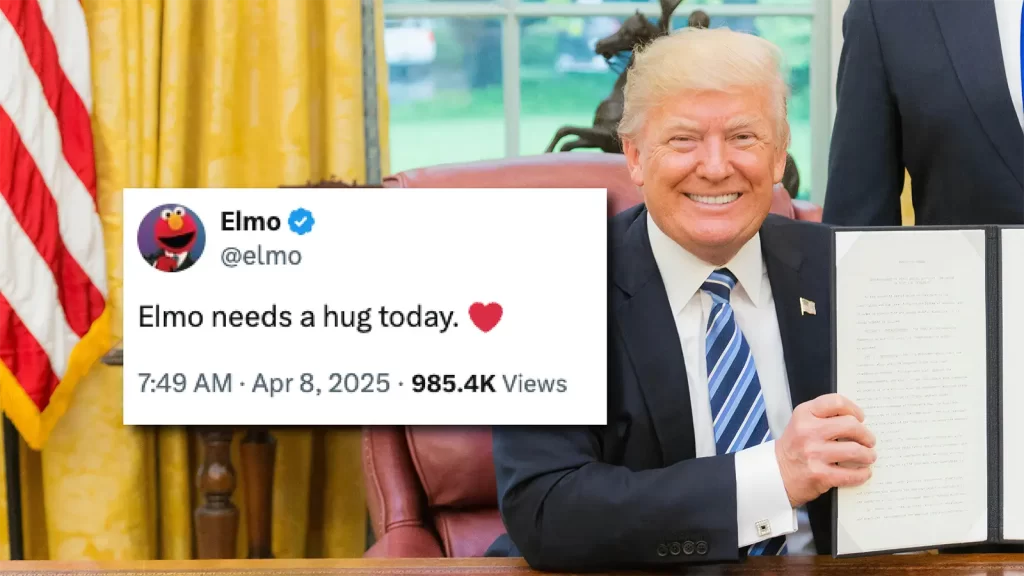
Many leaders and experts have spoken out against the executive order. Paula Kerger, president and CEO of PBS, called it a “blatantly unlawful” move that could compromise their ability to serve the public. Fred Rogers Productions, the company behind Daniel Tiger’s Neighborhood, echoed this concern, calling the funding “irreplaceable and essential.”
Congresswoman Rosa DeLauro put it bluntly: “Instead of helping families deal with rising costs, [Trump] is eliminating the very programs that educate our kids and protect our communities.” She pointed out that public media doesn’t just educate—it also provides emergency alerts in times of natural disasters or crises. In some rural areas, PBS and NPR are the only reliable news sources available.
What’s at Stake
If this order stands, here’s what the country could lose:
- Trusted educational content for preschool and school-aged children
- Access to free, noncommercial programming for families who can’t afford streaming services or cable
- Emergency alerts during disasters or power outages
- Local storytelling and journalism that connects people to their communities
The loss of federal support would deeply hurt the 1,500+ locally-owned public television and radio stations across all 50 states. While some larger stations might survive on donations or sponsorships, smaller ones—especially those serving the most vulnerable populations—would not.
A Call to Protect Public Media
Whether or not you’ve personally tuned into Arthur, Sesame Street, or Molly of Denali, it’s important to recognize what public media offers: equal access to education, community connection, and a platform that reflects the diverse realities of American life.
Public broadcasting has been there for us—for our kids, for our parents, and for our communities. And now, it needs us to be there for it.
If you believe in educational equity, media access for all, and preserving trusted sources of information, now’s the time to speak up, support your local station, or reach out to your representatives.
Because if we lose PBS Kids, we lose a piece of who we are as a nation—a place where every child deserves to learn, grow, and dream.



















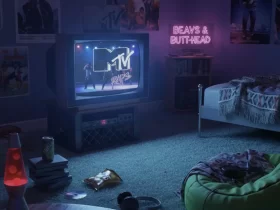
















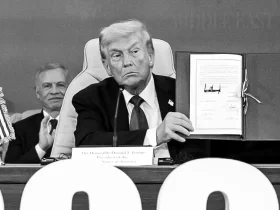
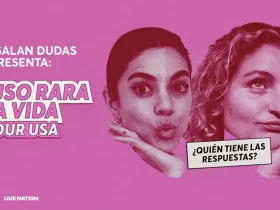
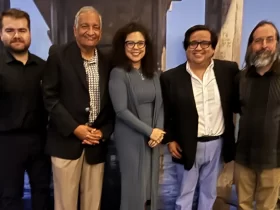
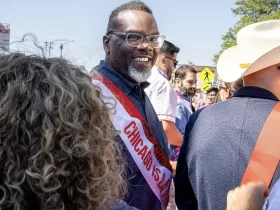
Leave a Reply